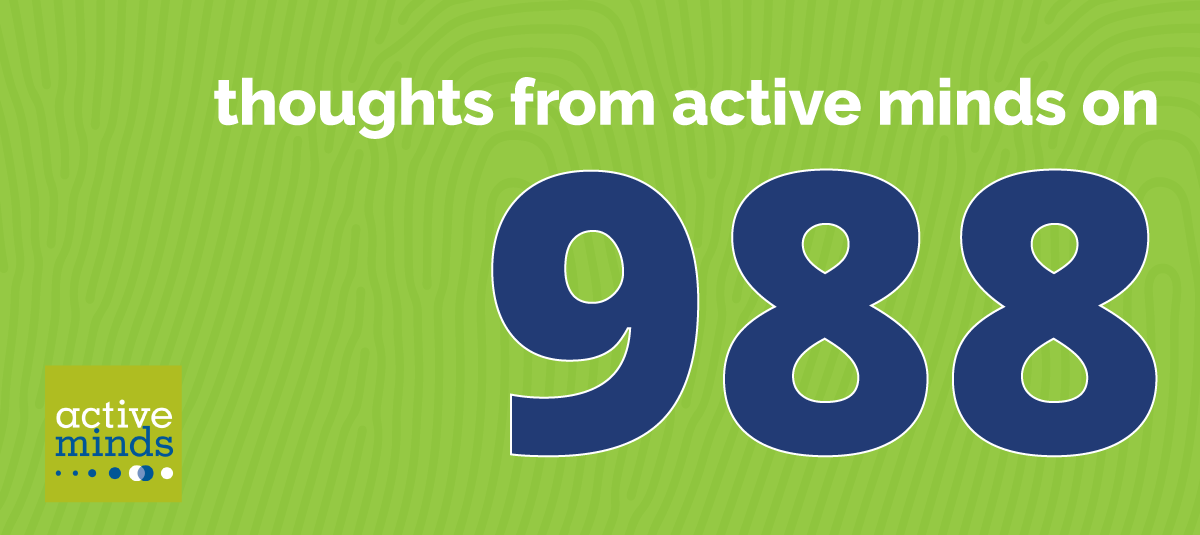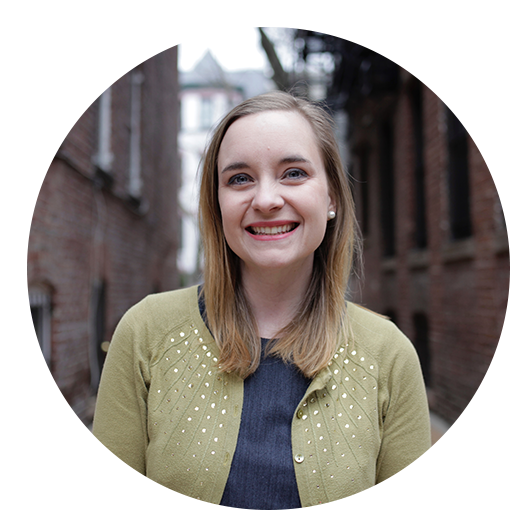Content Warning: This piece contains mentions of suicide.
When I first learned about 988, the new three-digit number for mental health crises, I immediately thought of Keller Zibilich. Keller tragically lost his life to suicide as a second-semester Sigma Chi freshman at LSU after making five desperate and unsuccessful calls for help to local hospitals. His parents, Michael and Gayle, are certain that had Keller known of a designated place to go to for help, he would be alive today.
10 years later, 988 finally exists as a new fast-access number to reach the National Suicide Prevention Lifeline. Though the Lifeline itself is far from new, it’s hoped that with the creation of the three-digit number, the Lifeline will be more easily-recalled in moments of crisis. Those who need immediate help shouldn’t struggle to find support in the way that Keller did. In its simplicity, 988 ensures that reaching out for help requires pressing just three buttons.
15,000+ young Active Minds advocates know the power of this. Many have advocated for their schools to add the Lifeline to student ID cards and school websites for many years. They know that a crisis can occur at a moment’s notice and that increasing access to 24/7, free support is especially critical at this moment when youth mental health is at risk.
However, making the number easier to dial is only the first step toward providing accessible care. After all, Keller needed more than a number to call. He also needed to connect with a trained professional on the other side of the line – and quickly. For many, particularly the BIPOC, LGBTQ+, and disabled communities, additional assurance is needed that they will not be further harmed in their attempts to seek help.
988 is the first step towards the vision of a safer, higher quality, more responsive, more equitable, and more accessible system of care. It will take much more funding and time to fully get there. To make it work, we need to work together. One way to help is by educating yourself on 988 and helping to correct misinformation. If you or someone you know is concerned about calling or texting 988, here are a few important things to know, shared recently by Preston Mitchum, Director of Advocacy and Government Affairs at The Trevor Project:
- 988 crisis centers are proven and effective interventions for crises.
- The Lifeline trains counselors to collaborate with callers to find the least invasive, most relevant, and most effective care plan for their crisis.
- You do not have to disclose your location or any personal information to receive help. 988 counselors are trained to assist everyone, regardless of location.
- 988 counselors call emergency services for assistance only in cases where the risk of harm to self or others is imminent or in progress, which accounts for less than 2% of calls.
- Of the 2% of calls, over half of the dispatches occur with the caller’s consent. The Lifeline uses this strategy only when other interventions cannot be used.
When it comes to discussions around mental health, and the healthcare system more broadly, the answer is often “Yes, and…”.
Yes, we have made tremendous strides in normalizing mental health, and stigma still exists.
Yes, calls for improved policies and accessibility to mental health care are becoming more inclusive and equity-driven, and there is still more work to do.
Yes, many now feel comfortable discussing their mental health openly, and some still face personal and institutional barriers to doing so.
Yes, it is a celebratory moment that, at a national level, we’re recognizing mental health crises with resources previously only available for physical health crises, and the best system we have to address these moments of mental health crisis is imperfect and has urgent issues to tackle.
And that work – the advocacy for improved local, regional, and state policies for mental health support and crises – is on each of us. We must proactively advocate for accessible and affordable healthcare for all, individualized mental health treatment, and appropriate funding for these services to be expanded to all communities, not just ones that have surplus resources.
These issues are not unique to 988; instead, they represent broader challenges in our society, within the healthcare system, policing, and society’s (slowly improving) perception of mental health crises. We can celebrate the creation of a number that puts mental health crises on the same priority level as physical crises while also acknowledging that there is more work to be done in the broader mental health movement around keeping those in crisis safe, protected, and okay. Yes, and…




